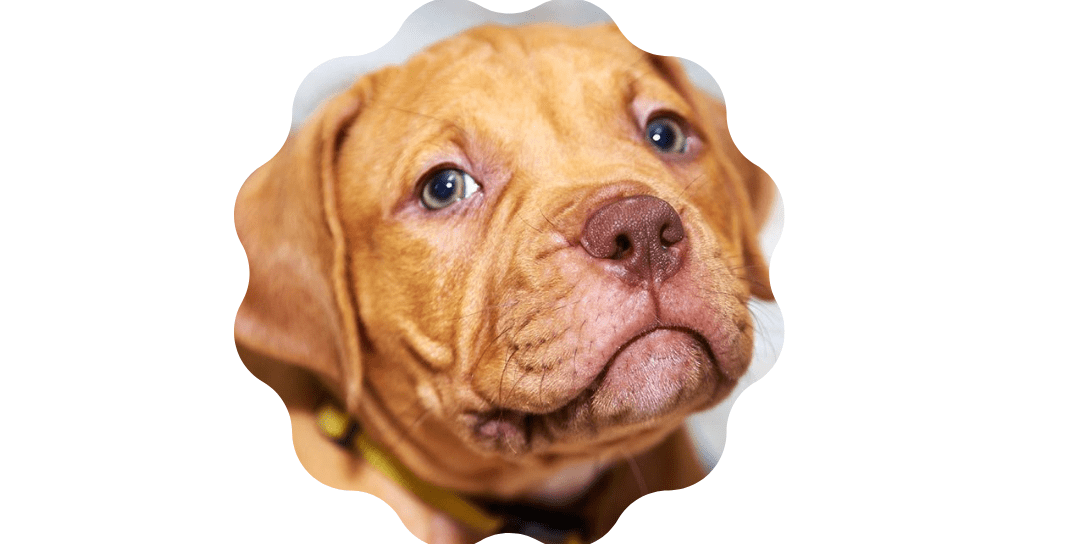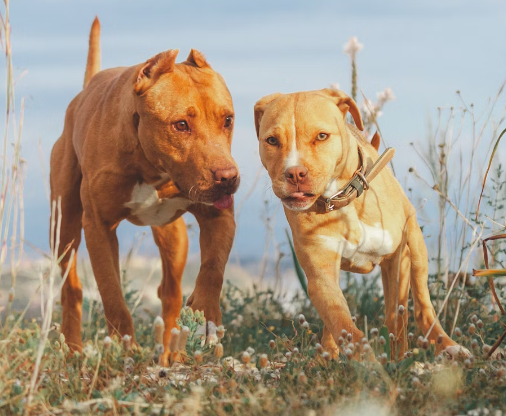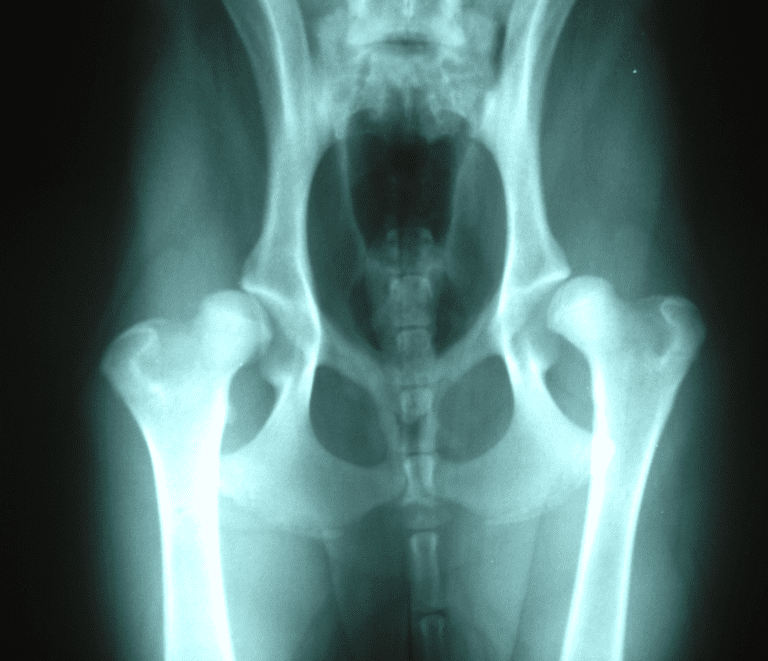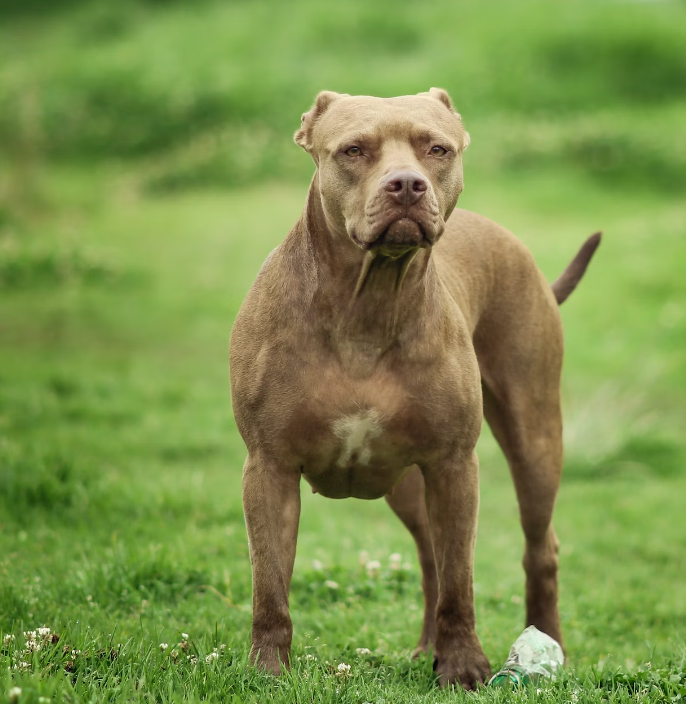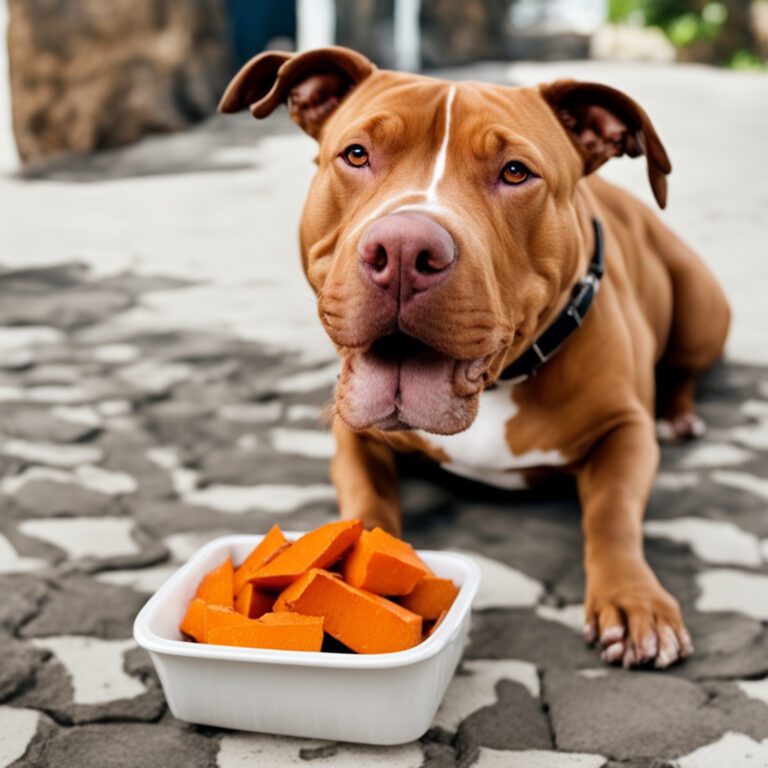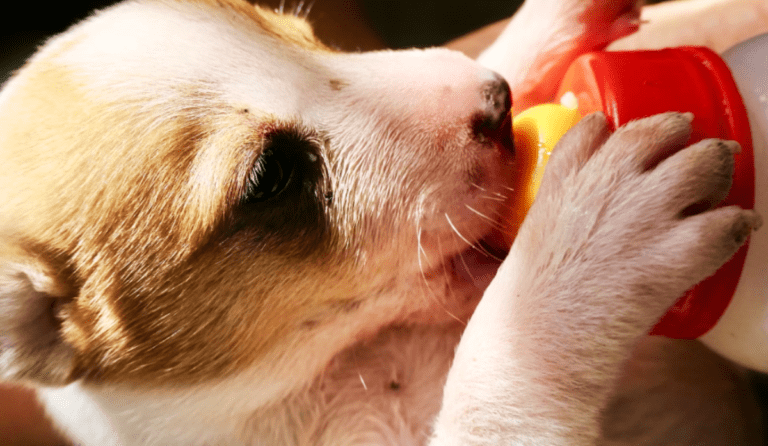Best Dog Food for Red Nose Pitbulls
Red nose pitbulls are energetic, muscular dogs known for their loyalty and affectionate nature. To keep them healthy and thriving, it’s essential to provide them with the best nutrition possible. Choosing the right dog food for your red nose pitbull can be overwhelming with the multitude of options available in the market. In this article, we’ll explore the nutritional needs of red nose pitbulls, factors to consider when selecting dog food, top features of the best dog food for red nose pitbulls, reviews of some top brands, feeding tips, homemade food recipes, common health issues, and much more.
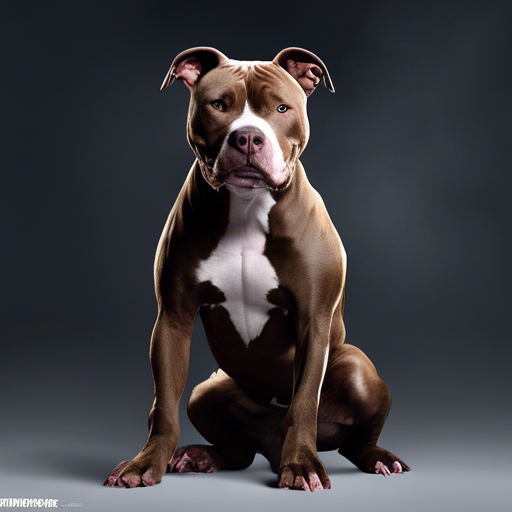
Nutritional Needs of Red Nose Pitbulls
Red nose pitbulls have specific nutritional requirements due to their muscular build and active lifestyle. They require a diet rich in protein to support muscle development and maintenance. Additionally, they need adequate fat for energy and essential vitamins and minerals for overall health.
Protein Requirements
Protein is crucial for red nose pitbulls as it aids in muscle repair and growth. Look for dog foods with high-quality protein sources such as chicken, beef, fish, and lamb.
Fat Requirements
Healthy fats are essential for providing energy to red nose pitbulls. Opt for dog foods containing sources like chicken fat, fish oil, and flaxseed oil.
Carbohydrate Considerations
While carbohydrates are not as crucial for dogs as they are for humans, they still provide a source of energy. Choose dog foods with digestible carbohydrates like sweet potatoes, peas, and lentils.
Essential Vitamins and Minerals
Red nose pitbulls need a balanced blend of vitamins and minerals to support their overall health. Look for dog foods that contain essential nutrients like vitamin E, vitamin C, calcium, and phosphorus.
Factors to Consider When Choosing Dog Food
When selecting the best dog food for your red nose pitbull, there are several factors to keep in mind to ensure you’re meeting their nutritional needs effectively.
Ingredient Quality
The quality of ingredients used in dog food plays a significant role in its nutritional value. Look for dog foods made with high-quality, natural ingredients and avoid those containing fillers, by-products, and artificial additives.
Protein Sources
The primary protein source in your dog’s food should be of high quality and easily digestible. Avoid dog foods with ambiguous protein sources or unidentified meat meals.
Avoiding Common Allergens
Red nose pitbulls can be prone to food allergies, so it’s essential to avoid common allergens like wheat, corn, and soy. Opt for grain-free or limited ingredient dog foods if your dog has sensitivities.
Specific Dietary Needs for Red Nose Pitbulls
Consider any specific dietary needs your red nose pitbull may have, such as weight management or joint support. Choose dog foods formulated to address these specific needs.
Top Features of Best Dog Food for Red Nose Pitbulls
The best dog food for red nose pitbulls should meet their unique nutritional requirements and provide additional benefits to support their health and well-being.
High Protein Content
Look for dog foods with a protein content of at least 25-30%, preferably sourced from high-quality animal proteins.
Healthy Fat Sources
Ensure the dog food contains healthy fat sources like chicken fat, fish oil, and flaxseed oil to provide essential fatty acids for skin and coat health.
Grain-Free Options
Many red nose pitbulls thrive on grain-free diets, as they may be sensitive to grains like wheat, corn, and soy. Consider grain-free dog foods made with alternative carbohydrate sources like sweet potatoes and peas.
Added Supplements for Joint Health and Coat Quality
Some dog foods come with added supplements like glucosamine and chondroitin for joint support, as well as omega-3 fatty acids for coat health. These can be beneficial additions for red nose pitbulls, especially as they age.
Reviews of Top Dog Foods for Red Nose Pitbulls
Let’s take a look at some top brands of dog food that are highly recommended for red nose pitbulls, along with their pros and cons.
Brand 1: XYZ Dog Food
- Pros: High protein content, grain-free formula, contains glucosamine for joint health.
- Cons: Relatively expensive, availability may vary.
Brand 2: ABC Dog Food
- Pros: Affordable price point, multiple protein sources, balanced nutrition.
- Cons: Some dogs may be sensitive to certain ingredients, lower fat content.
Brand 3: DEF Dog Food
- Pros: Premium ingredients, targeted formulas for specific health needs, excellent customer reviews.
- Cons: Limited availability in certain regions, higher price tag.
Feeding Tips and Recommendations
Regardless of the dog food you choose, here are some feeding tips and recommendations to ensure your red nose pitbull stays healthy and happy.
Portion Control
Monitor your dog’s weight and adjust their food portions accordingly to prevent obesity or undernourishment.
Feeding Schedule
Establish a consistent feeding schedule for your red nose pitbull to maintain their digestive health and prevent begging behaviors.
Monitoring Your Dog’s Weight and Health
Regularly assess your dog’s body condition and overall health to ensure they’re thriving on their chosen diet
